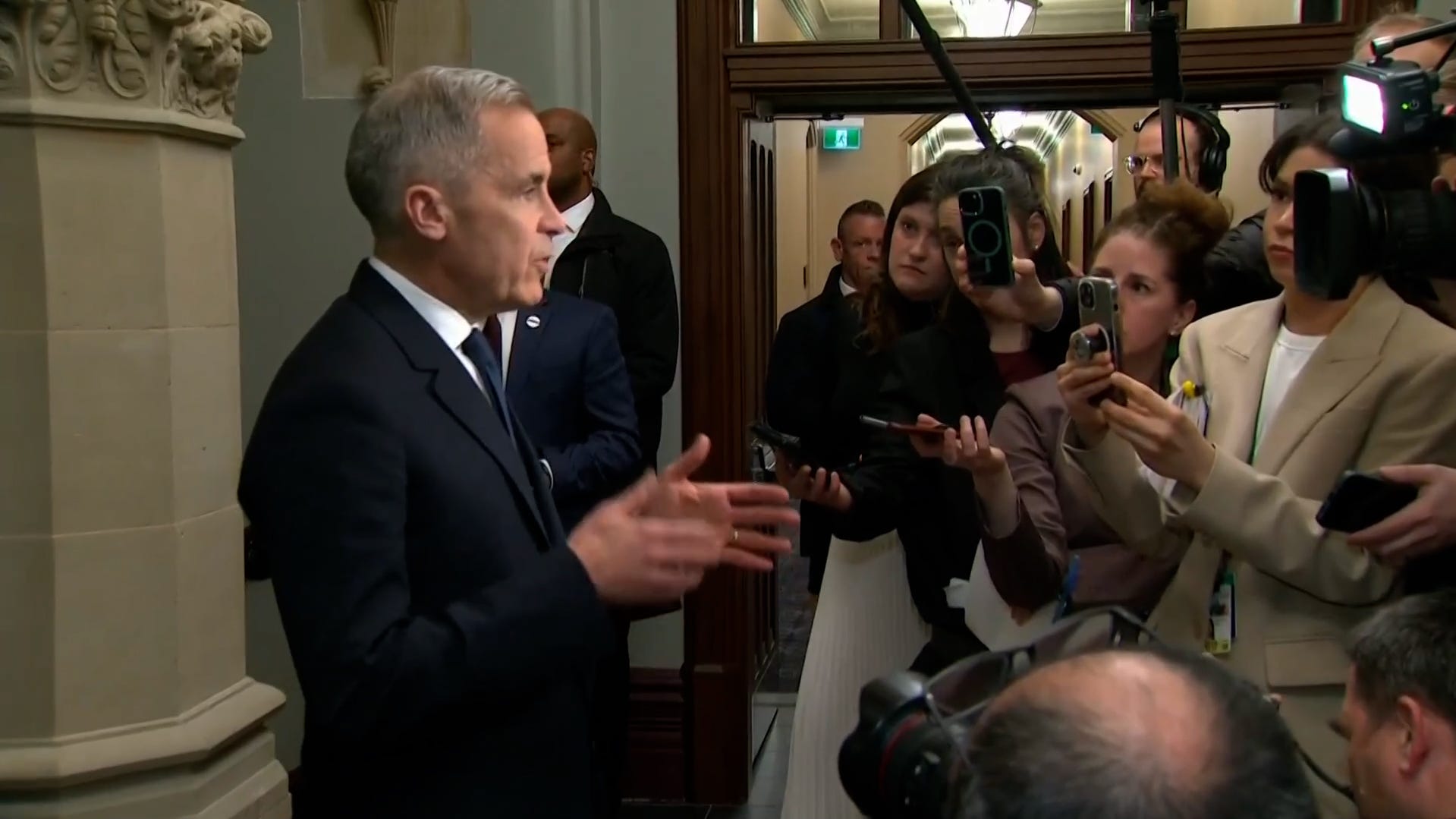'Bullying practice': China retaliates against Trump with 34% tariff on US goods

China said Friday it will impose reciprocal 34% tariffs on all imports from the United States, in the first retaliatory action against President Donald Trump's worldwide tariffs plan.
The move escalates a trade war between the world's two largest economies. The levies will be effective April 10.
"This practice of the U.S. is not in line with international trade rules, undermines China’s legitimate rights and interests, and is a typical unilateral bullying practice," China’s finance ministry said in a statement.
The Trump administration imposed a 10% minimum tariff on all imports coming into the country and even higher tariffs on the European Union and dozens of other top American trading partners like China.
The White House says its tariffs plan is aimed at resetting global trade practices that have for decades favored countries overseas, led to major U.S. job losses and gutted U.S. manufacturing. Dozens of world leaders have reacted angrily to the move. It has caused turmoil in U.S. and global financial markets.
China was already subject to a 20% tariff when Trump announced the additional levies on Wednesday during a ceremony in the Rose Garden at the White House. Beijing now has an effective U.S. import tax rate of 54%, one of the highest for any major American trading partner. The new U.S. tariff rate on China comes into effect on April 9.
Trump has described the tariffs as a "declaration of economic independence." Economists have expressed alarm over what they could mean for the U.S. and other economies around the world. Fitch Ratings, a credit ratings agency, says the tariffs could tip economies into recession, with higher prices for goods and job losses.
In emailed comments, Tony Pelli of BSI, a business consultancy, said that if the tariffs stay in place it could mean major changes for global supply chains. But that’s a big "if,” he said.
"For now, companies are rushing to assess where they are most affected, and we may start seeing price increases within a few weeks as current inventory runs out."
"CHINA PLAYED IT WRONG, THEY PANICKED - THE ONE THING THEY CANNOT AFFORD TO DO!" Trump said in a post on Truth Social, his media platform.
Heather Hurlburt, a fellow in the U.S. and the Americas program at Chatham House, a London think tank, said in a blog post that Trump's tariffs plan "is grounded in two critiques of the existing global trade system that sound sensible to non-experts while driving trade wonks to madness."
She said the first critique is that current trading practices are unfair because foreign countries are breaking international rules or taking advantage of lax rules negotiated by his predecessors. She said the second critique is that trade deficits − the difference between what a country imports and exports − are bad in themselves.
"Mainstream economists argue that persistent U.S. trade deficits are closely linked to the U.S. dollar’s position as the global reserve currency − or even beneficial as they are mirrored by massive global purchases of dollars and investments in the U.S," she wrote.